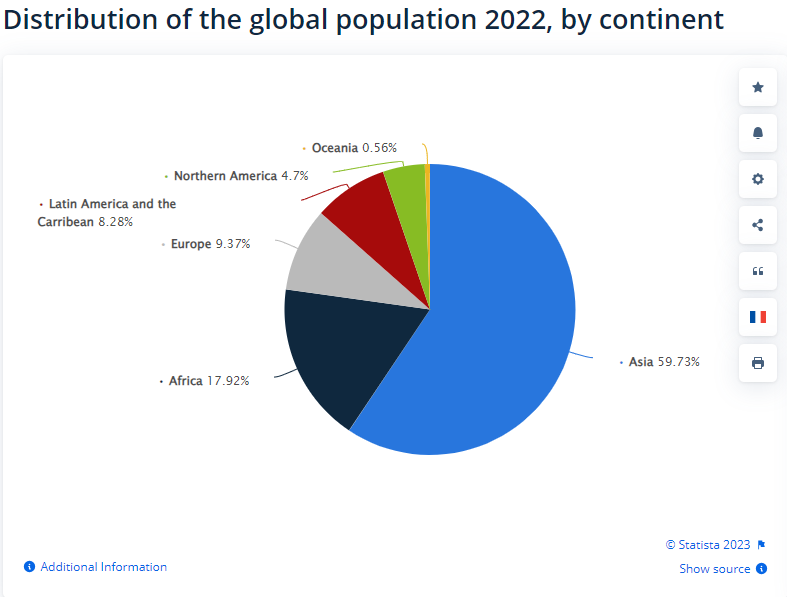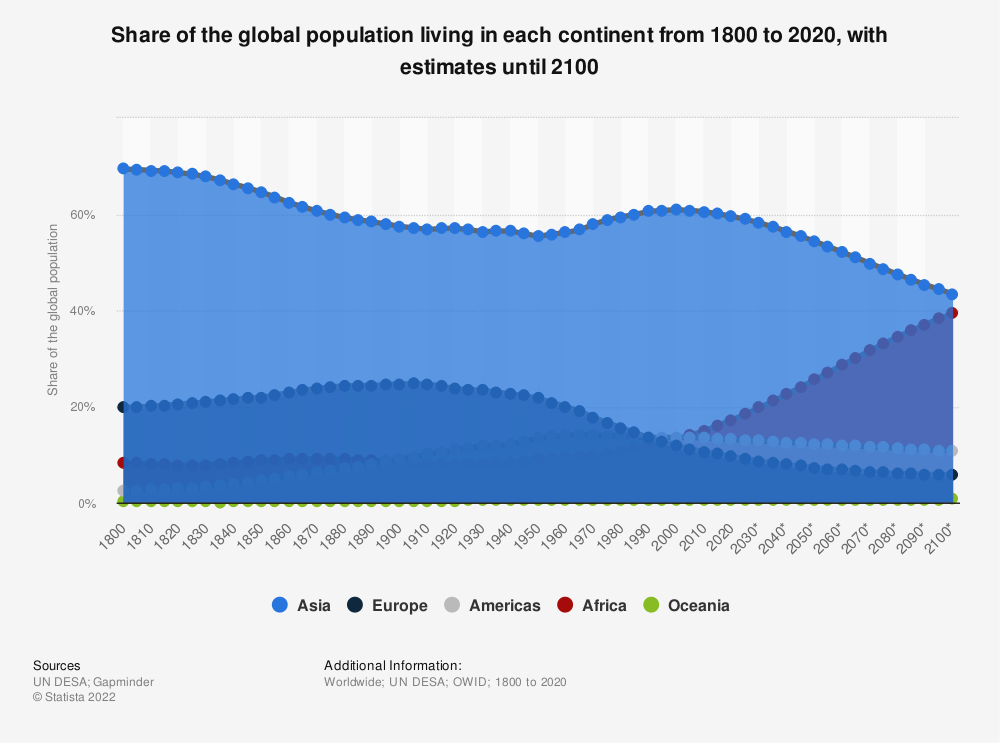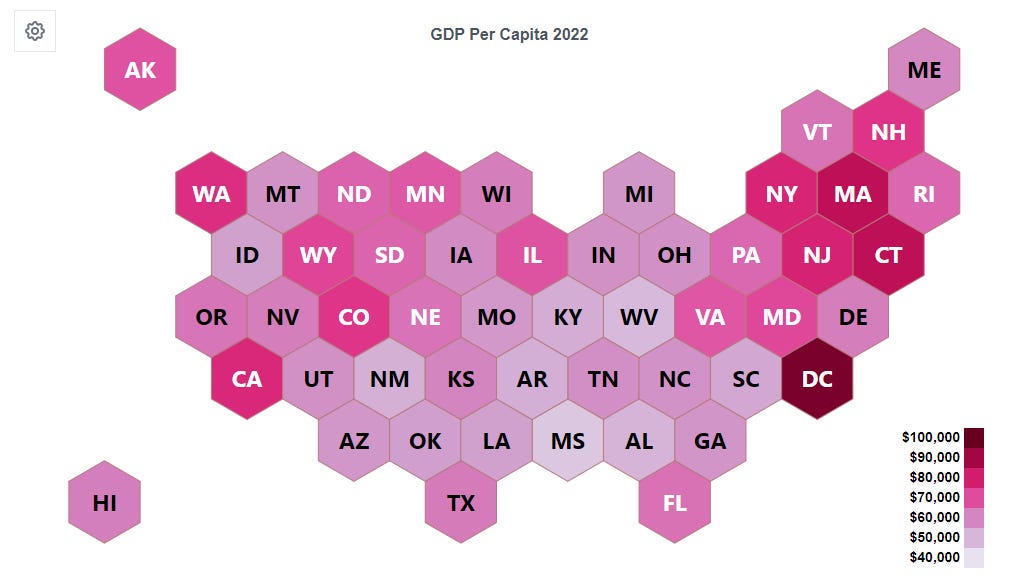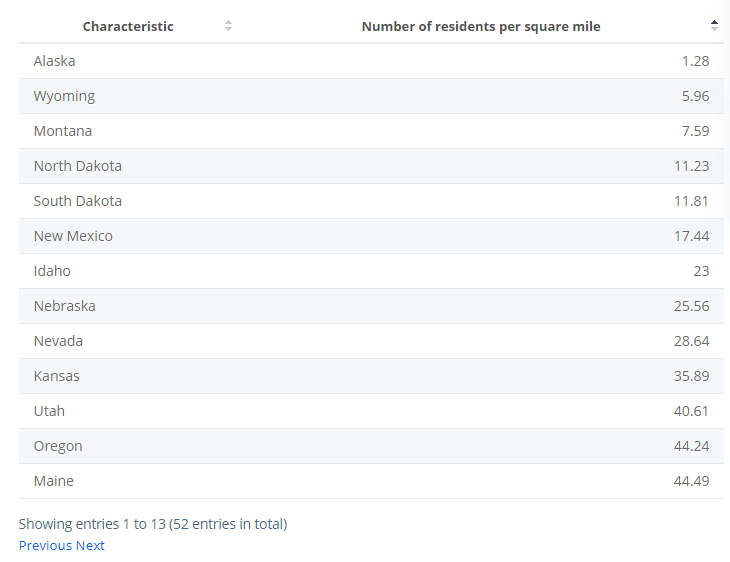RRR6: Hot Oil Dumplings, Network Effects of Wisdom, Rural America, and Political Unease in Israel
🥵🥟🧠👨🏼🌾😳😦
Hey, guys 🙋🏻♂️. Am I crazy, or does Asia by far take the crown in the continental battle for best cuisine?
I started my Sunday this past weekend in NYC, but linked up with my family at Sherwood Island State Park to celebrate my mothers’ birthday (happy birthday mama 🎂🍷). We found this restaurant in Southport, CT, called Mama Chow. It was rated 4.9 stars on Yelp with hundreds of reviews.







I need to elaborate on the hot oil dumplings (pics 1 and 3) 🥟♨.
One would be challenged to ideate on something better to drizzle over your food than the hot oil itself. The dumplings were cooked perfectly; succulent all around and crispy on the bottom. They threw cilantro and some unidentifiable crunchy agent all over the top of them, and voila, they had created perfection in appetizer form.
They were so good we ordered another set for the table 🤤. It got me thinking… 🤔💭.
European and South American food are both formidable. I can’t show North America too much love because, well, most of it is just European food 🤷🏻♂️. I admit, I’m unable comment from a place of knowledge on Australian food. African food is really good (I’m sure there are so many varieties I have not tried, so I’ll have to circle back around on that). Antarctica is obviously disqualified, sorry 🧊🥶❄.
But Asian food… they just have it figured out. Could it simply be a result of more at-bats in the kitchen?
In fact, historically speaking, Asia has been dominating the population distribution (I can’t speak to who was triumphant in the 19th century cuisine battles).
More people could mean more experimentation over the years, more trial and error, more learnings, and more network effects for successful creations. If it’s true, it dispels the idea of too many cooks in the kitchen 👨🏻🍳. If it’s true, African food might be coming for the throne in 2100 💺.
In Recent Times…
Speaking of network effects, I engaged in a conversation/debate recently that caused me to think about how wisdom passes from person to person over time.
I’ve left a lot of discussions over the course of my life feeling as though nothing productive came out of it.
Sometimes I was to blame for that, and sometimes I wasn’t. You’re more likely to feel negative about a conversation when a disagreement feels emotional or personal (think talking politics at family holiday parties 😠😒😡👿).
Often times, it probably is true that at least one of the parties involved in an exchange of ideas, if nothing else, ensures that nothing productive comes out of it. Their tactics for doing so usually include:
Getting intensely emotional about the discussion
Shutting down / raging the second they hear something that conflicts with their predetermined notions
Being disingenuous
Avoiding nuance
Demonstrating zero empathy
Showcasing no willingness to consider they might be wrong, if not about their whole point, even small parts of it
If you need an example of this in action, you need only to exist at any given point in human history 🤣. Maybe that is especially true in the last ten years… 🙄.
It’s really easy to decide certain topics are off limits. How many of you have ideas that you avoid discussing with certain people altogether?
The particular debate I referenced left me really optimistic that even the smallest of inroads on someone’s way of thinking can have outsized positive return.
I exited the conversation thinking that despite still being in disagreement with the other person, we clearly got each other to consider alternative viewpoints, and opened ourselves up to new ways of reasoning on the issue. A major success!
The best part, I thought, is that the good doesn’t stop there. What if my debate partner, when speaking to another person about the same topic, revealed an increasingly nuanced and well rounded viewpoint more freely?
What if the reverse situation was true?
All of a sudden, we have a catalytic event that sends better logic and reasoning flying to new people and places all over the world. This is made especially true in the era of globalization, exponential technology, and instant information.
Let’s consider a simple yet illustrative example…
🌩⚡🌊 I’ve never read anything that says I shouldn’t jump into a body of water during a lightning storm, and I’ve never experimented with doing it to collect anecdotal evidence. Yet, I still know it’s a horrific idea.
I know I shouldn’t do it because I was taught not to by my parents from a very young age. Likely, their parents told them the same.
One day, I’ll make sure my kids know not to swim in a lightning storm.
So, whatever individual originally noted that being covered in water during a lightning storm is a bad call, has had their wisdom echoing loudly through multiple generations of human history.
Kind of cool!
Maybe my recommendation of Mama Chow will reverberate for eons 😂.
Don’t shy away from the important conversations of our time. Bonus points if you can get through them with humility and empathy for dissenting viewpoints 🥂.
Readings of the Week 📚📖
A couple of shorter readings for you guys this week to keep it light 💡.
“Roadblocks to Healthy Infrastructure” by Andy Boenau
We’re back with zoning law… part 3? Andy walks us through how some of the smartest and (mostly) well respected people in society are responsible for unnecessarily poor infrastructure outcomes.
“What Inning Are We In” by Conor Mac
I love Investment Talk by Conor Mac. It’s worth noting that aside from being extremely well read and a talented curator, Conor also is a good guy. He publishes a ton of engaging and thought provoking content pro bono.
In this edition, Conor takes the frequently futile task of timing the market and slaps a baseball analogy over it.
The batter and the investor are quite alike. Both have to make decisions about when to swing and when to exercise patience. Both are exposed to outcomes which dance with the variables of skill and luck. They both want to hit home runs… But unlike baseball players, who go home and live to play another day, the end of a market cycle can be incredibly wealth-destructive to an investor.
What inning do you think we’re in? I tend to think an investor is in a great position if they truly don’t care what inning it is, because they’re well allocated in all areas and thinking long term 🧠💵💶💷💳💲.
If you think I’ve been curating thought provoking readings, I would so greatly appreciate you subscribing to Ramblings, Readings, and Rebounds. If you already subscribe, why not share it with a friend 🤷🏻♂️?
It’s 100% free, and I would be honored to have your eyeballs on my writing on a weekly basis. The more feedback I can get from readers, the sharper my mind becomes. I’ll try to make sure you always get as much benefit from the newsletter as I do 🥂.
Junto Club
Back to some regularly scheduled programming on this weeks episode of Junto Club. Last week we had Sergio Castaneda on the program telling us about his currently expanding Airbnb empire 🏠🏡🏚🏘🏰.
This week I want to visit a new question:
Do you know of any deserving young beginner lately set up, whom it lies in the power of the Junto any way to encourage?
Instead of speaking directly about a young person who I or any group of people are in a position to help, I want to briefly speak about the merits of mentorship.
When giving advice, it forces one to steel man the argument of why one should approach anything in life in a particular manner. This is such an effective means of self improvement.
You can get exposed to different viewpoints, and possibly, unusually unique perspectives from someone who isn’t as seasoned in the world. By being less exposed to popularized ideas, advice, best practices, worldviews, etc., a young person may have a very important perspective to hear. Mentorship and guidance can teach you more than you can teach the young person, in most cases.
You can give back to humanity
You can make a close friend
As you can see, even if we approach mentorship from an exclusively selfish standpoint (meaning, leave humanity out of it for a second), the benefits are clear.
I encourage us all to consider deeply how we can help the young people in our life, even if not by way of formal mentorship. Perhaps, even calling a niece, nephew, or younger friend to check in will make a greater impact on both parties than you’d intuitively believe.
Reinvigorating Rural America
Something I have long advocated for privately is strategic investment to revitalize and retool our rural communities.
Take a look at our most sparsely populated states:
With population centers being so concentrated on both coasts, opportunities and resources have also disproportionately centered there for a long time.
Perhaps the biggest factors that have lead to inequality in opportunity are both the transition of our economy to favor white collar jobs while manufacturing and production were offshored, and the growing concentration of the U.S. farming industry.
I could spend a lot more time discussing the disparity in opportunities afforded to coastal based Americans compared to their rural counterparts, but I’d rather focus on what we’re doing to solve the problem.
There is a growing coalition that correctly acknowledges significant opportunities for growth (not just economic growth) exist in our rural communities. Those opportunities, frankly, have been ignored for a long time.
One great example of how current policies could be changed to address current and future needs is to focus on the ability of small communities to apply for federal funding. With unprecedented funding currently available through federal programs, many of the most rural or distressed communities will be left further behind because we have not prioritized building the human and system capacity that would be necessary to access these funds.
Most rural communities have never accessed federal funding due to the complex and difficult application processes. There are virtually no programs that focus on comprehensive programming or funding for rural America, and even if there were, there are no programs to help communities build the capacity that would be necessary to access those programs.
What leaves me so optimistic about our ability to revitalize our rural communities is the relative ease at which it could be done with appropriate levels of competence.
Difficult application processes? Really? 🤦🏻♂️.
I scheduled and paid for a haircut today in 15 seconds (I actually timed it). If we can enable commerce to be so seamless, why can’t the federal government provide digital application experiences that are at least half as good? It’s not like they aren’t well compensated…
Even when they want to borrow your money, they can’t make it easy. Don’t believe me? Try and buy a government bond on TreasuryDirect…
Anyways….
Some good news! On April 20th, the White House announced the formation of the Rural Partners Network, aimed at helping rural communities have easier access to federal funds.
Equality probably doesn’t get discussed enough as it pertains to urban backdrops versus rural ones. A balanced economy that works well for more people is not only great for American economic growth, it will certainly help heal some of the bitterness and dissention we have amongst our ranks 🤞🏻.
Israeli Judicial Reform Bill
For those who haven’t heard, Prime Minister Benjamin Netanyahu and his coalition have passed judicial system reform that many are arguing has left Israeli democracy in peril.
A quick summary of the crux of the issue, according to WSJ, is below:
The bill aims to restrict the Supreme Court’s ability to strike down government or executive decisions on the basis of reasonability, which critics say will open the way for government corruption by preventing the court from stopping the appointment of corrupt officials or allowing the government to fire people who oppose its policies. Supporters say the reasonableness standard is too nebulous and allows the courts to overrule the will of elected officials for political purposes.
I don’t have my own opinion on this yet, and I certainly don’t feel compelled to offer one. However, I do want to express a few thoughts that I believe capture the essence of this issue and others like it.
First, I want to have empathy for those who are scared by what is happening in Israel, especially the people living there. Often times, and especially in politics, we lose our sense of humanity when we’re discussing what we believe is right and wrong.
Regardless of how someone feels about this bill, and whether they think it is as benign as removing a layer of bureaucracy, or as sinister as dismantling a critical check against the power of the legislature, we need to stop and show compassion to people who are afraid. Better yet, hear their concern genuinely and try to imagine how they are feeling.
Secondly and finally, reading about this situation reminded me of a harrowing thought I had in the aftermath of the 2020 presidential election.
These elaborate systems of checks and balances that the U.S. and many other democracies around the world rely on, are kind of just words on paper no matter how much we don’t want to believe it.
Once someone comes along and decides to shred the paper, we quickly have to rely on people to fight for the right outcomes.
If Mike Pence and certain others didn’t act to certify our election results, where would the U.S. be right now? I don’t know the answer, but I do know that behind all the checks and balances we celebrate, there are only norms and acts of integrity that hold democracy together in the end.
Quick Hits / Additional Reads
No NBA talk this week ¯\_(ツ)_/¯. There are no newsworthy items at this time and I’ve been overly concentrated on other sorts of reading this week.
I finished The Alchemist by Paulo Coelho. It was a super easy and enjoyable read that took me way too long as I got distracted with other books I was also reading. I’m going to try and stick to one book at a time for sanity’s sake starting soon 😪.
🎙 Lex Fridman Podcast Episode #390 - Yuval Noah Harari 🎙. As an aside, Harari is a detractor of Netanyahu, who was the guest on edition #389. Edition #391 is with a Palestinian writer. Lex is giving you all the perspectives, and for that I thank him 🥂.
The Reading Obsession by Frederik Gieschen 📚📕📖🧾
The Long Annoying Tradition of Anti-Patriotism by Matt Stoller
Banks with Lots of Uninsured Deposits Would Replenish FDIC Fund Under New Proposal by Andrew Ackerman (a little outdated but still worth reading) 🏦🏧💸.
That’s it! Please have an amazing week ahead. I will be traveling to Philadelphia for the weekend but intend to publish a lot earlier come next week. Much love 💖❤.






The food made me hungry! 🤤